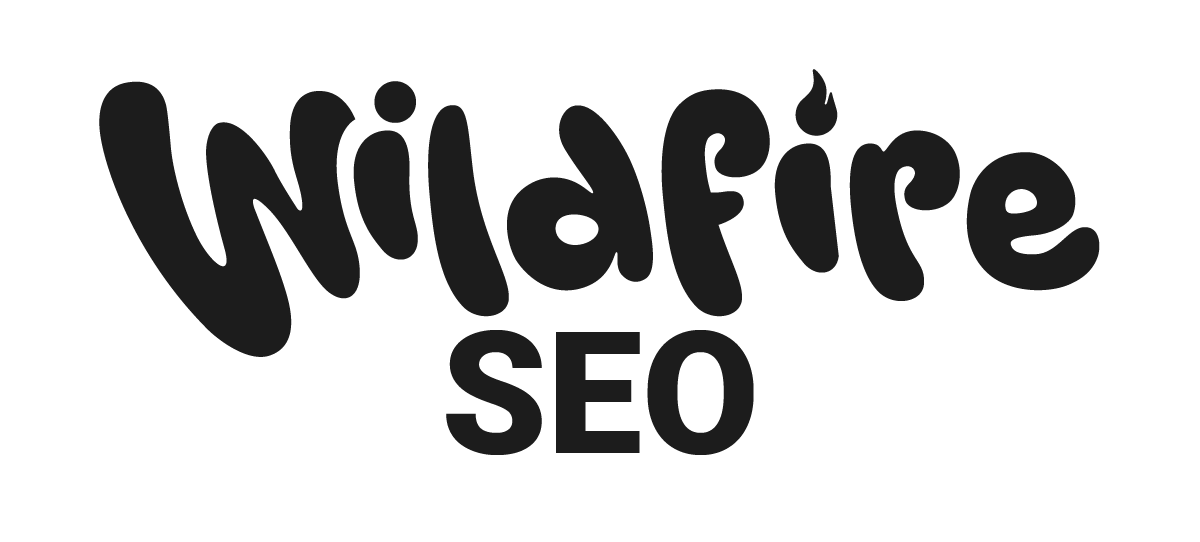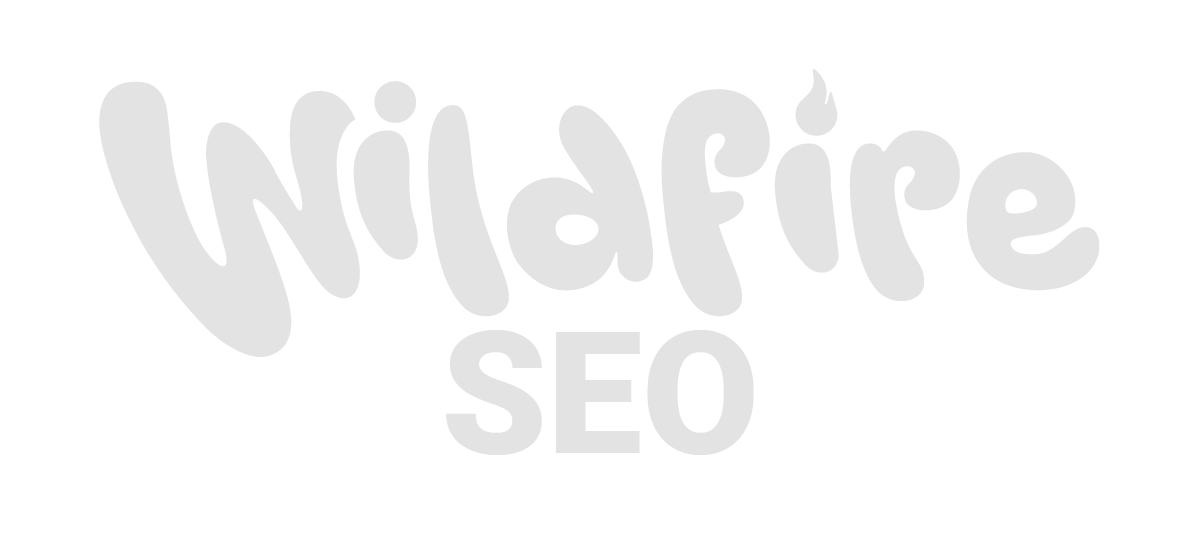
SEO in South Africa: Google Business Profile Spam
Local business success today relies heavily on strong visibility within Google’s local results, particularly the Map Pack. As the digital landscape continues evolving, SEO in South Africa has become a cornerstone of growth for small and large businesses alike. However, the rising tide of Google Business Profile (GBP) spam and fake listings threatens to undermine fair competition and public trust in local search results.
Types of Google Business Profile Spam in South Africa
Fake listings have proliferated across South Africa, with scammers creating entirely fictitious businesses to intercept calls and online leads. These are often registered under non-existent companies, residential addresses, or virtual office spaces without any legitimate operational presence. Another dominant form is keyword stuffing, where business names are crammed with target search terms and locations to manipulate visibility. For example, a plumbing service might label its listing “Best 24/7 Plumber Johannesburg Emergency Leak Repairs” purely to rank for multiple search intents.
Virtual office scams are an especially harmful variation. Here, multiple fake listings are registered under the same shared address, such as coworking spaces, to give the illusion of expansive local reach. The primary motivation behind these spam strategies is to hijack consumer attention, monetise traffic through redirects or call centres, and falsely dominate market share within SEO in South Africa.
The Impact on South African Businesses
Spam listings inflict direct financial and reputational harm on genuine businesses. They capture high-intent traffic from local consumers who believe they are contacting a reputable, nearby provider. For legitimate businesses, this results in lost enquiries, declining call volumes, and diminished visibility in the Map Pack despite investing in ethical SEO in South Africa. Over time, spam listings also erode consumer confidence in Google’s platform, making people wary of whether the businesses displayed are real or trustworthy.
Beyond economic impacts, these practices also dilute brand value for authentic companies. When consumers are misled by fake listings posing as legitimate providers, the inevitable disappointment or lack of service quality often casts doubt over the entire industry. For sectors like home services, emergency repairs, and professional consulting, this degradation of market trust can take years to reverse, harming the broader goals of SEO in South Africa to support business growth and community reliance.
Why Detection Techniques Matter
The ability to detect fake listings is crucial for businesses aiming to safeguard their GBP investments. Spam profiles often show unusual naming conventions with excessive keywords or multiple service areas listed unnaturally. Many fake listings use generic stock images, lack branding consistency, and fail address verification checks in Google Street View. Virtual office scams are often revealed when dozens of unrelated businesses share a single coworking address, a tell-tale sign of manipulative local SEO practices.
Motivations behind these detection efforts go beyond defending individual business rankings. Identifying and challenging fake listings protects the integrity of local search ecosystems in SEO in South Africa. A transparent and accurate Map Pack ensures consumers can access real businesses, building public confidence in online discovery and upholding the legitimacy of companies operating ethically within South Africa’s competitive sectors.
Reporting Fake Listings: A Necessary Defence
Reporting fake or spam listings is an act of strategic defence for local businesses. The goal is not only to remove unethical competitors but also to preserve the fairness and reliability of local search results. In South Africa, businesses can report listings directly via Google Maps by suggesting edits or flagging entries as fraudulent or non-existent. For widespread abuse, such as mass fake listings registered under a virtual office provider, the Business Redressal Complaint Form provides a more formal escalation route.
The motivation to report stems from protecting business investment in SEO in South Africa. Spam listings reduce legitimate exposure and distort ranking systems designed to highlight authentic expertise. By actively reporting fake competitors, businesses demonstrate vigilance in protecting brand equity while contributing to a healthier, more trustworthy online environment for all local service providers.
Google’s Enforcement Limitations
Despite removing over 12 million fake profiles in 2023, Google’s enforcement remains largely reactive and limited in scope. Automated systems are programmed to detect suspicious patterns but struggle with sophisticated spam techniques such as keyword-stuffed business names or legitimate-looking virtual office registrations. This allows unethical entities to exploit loopholes and maintain fake listings for extended periods, siphoning valuable leads from real businesses investing in SEO in South Africa.
The motivation behind these enforcement gaps is rooted in the sheer scale of global listings, leaving Google reliant on community reports to flag the majority of abuse cases. While AI-based improvements and legal action against large-scale scam networks are underway, the responsibility remains on South African business owners to remain vigilant, as spam continues to thrive in under-policed digital niches.
Black Hat Tactics in South African Local SEO
Unethical local SEO tactics are often motivated by a desire for fast, unearned rankings. Common practices include keyword stuffing, where businesses pad their names with multiple locations and services to dominate the Map Pack for as many variations as possible. Virtual office exploitation is equally prevalent, with agencies registering hundreds of fake listings under one coworking address to create an illusion of national presence and steal leads from real local providers.
Another damaging tactic is ownership hijacking. Here, spammers submit edits to change verified business contact details, redirecting calls and website traffic to their own lines. In the landscape of SEO in South Africa, these tactics not only distort rankings but also undermine fair competition, erode consumer trust, and contribute to long-term industry instability, harming all authentic businesses striving for visibility through ethical methods.
Prevention as a Strategic Imperative
Protecting Google Business Profiles is now a strategic imperative for brands engaging in SEO in South Africa. While enforcement by Google is imperfect, businesses can proactively strengthen their digital assets through regular monitoring, restricting profile access to trusted individuals, and maintaining up-to-date, verified details. Prevention ensures brand equity is defended, while preserving local rankings that contribute to consistent lead generation and customer trust.
The motivation to prevent profile hijacking or listing spam is deeply strategic: to sustain organic growth, protect digital reputation, and uphold operational credibility in an environment where visibility equals revenue. With fake listings continuing to exploit gaps in Google’s systems, prevention has become a non-negotiable pillar of any robust SEO strategy in South Africa.
The Impact on Rankings
Spam listings fundamentally distort local ranking ecosystems. When fake businesses occupy the top Map Pack positions, authentic providers are pushed down the results, leading to reduced impressions, fewer calls, and lost revenue. For businesses investing in SEO in South Africa, this displacement undermines the value of ongoing optimisation efforts, diminishing return on investment and frustrating growth plans.
Yet, removing a single spam listing can create immediate positive impact. Many South African businesses have reported significant jumps in Map Pack rankings after successfully removing fake competitors. This demonstrates the direct correlation between clean local results and enhanced SEO performance, reaffirming the importance of reporting and prevention for long-term digital competitiveness.
Future Outlook for Spam Prevention
Looking ahead, Google has signalled stronger spam prevention through AI-driven detection and continued legal action against large fake listing networks. However, as enforcement technology evolves, so do the tactics of black hat practitioners. For SEO in South Africa, this means ongoing vigilance and strategic reputation management will remain crucial in protecting local businesses from spam-driven losses.
The motivation driving this future outlook is clear: to create a trustworthy local search environment where authentic businesses can thrive based on expertise, experience, authority, and trust. South African businesses must prepare for new verification processes and remain proactive in safeguarding their profiles, ensuring sustainable growth in a digital landscape still prone to unethical manipulation.
If you want to protect your Google Business Profile, maintain your competitive position, and grow sustainably through ethical SEO in South Africa, contact us at Wildfire SEO. We’re here to support your business with strategic insight and proven solutions that put your brand first.



